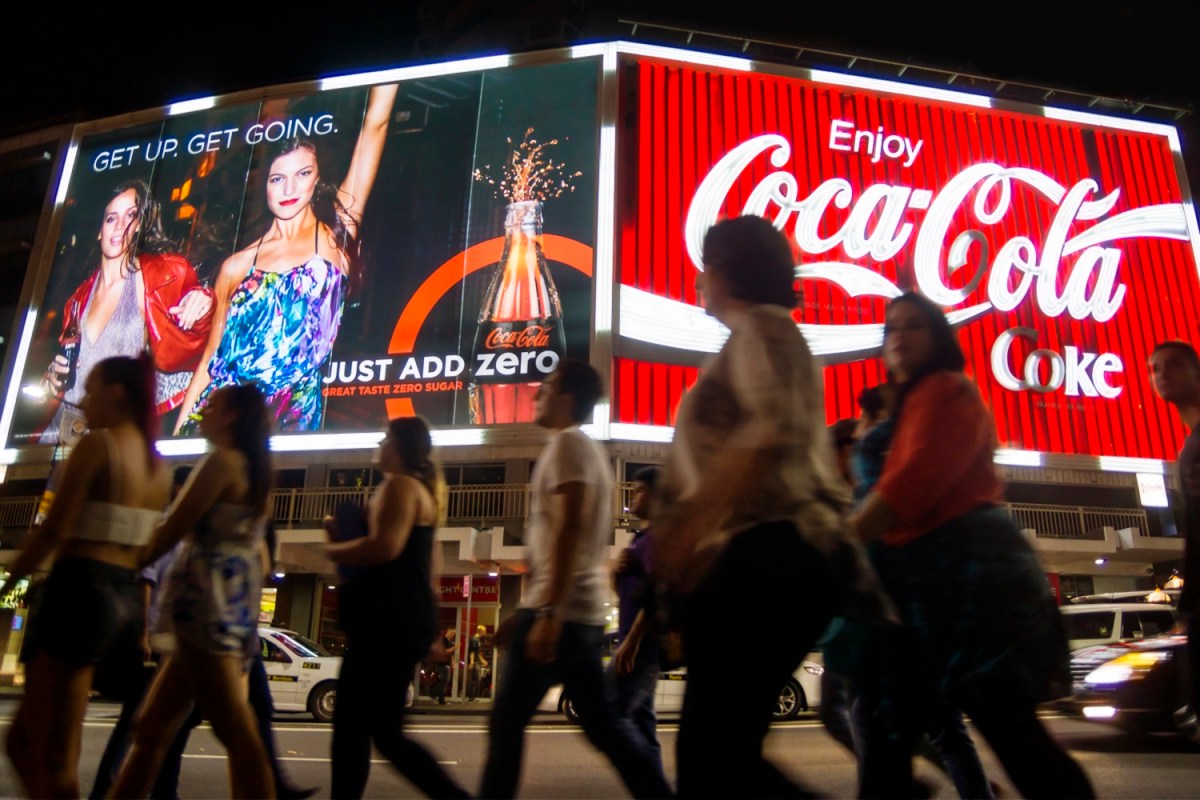A study by the NSW Bureau of Crime Statistics and Research (BOCSAR) has indicated that liquor licensing reforms introduced between 2008 and 2018 had a significant impact on non-domestic assaults across the state.
The study, entitled The impact of changes to liquor licensing policy on violent crime in NSW, 2000-2019, found that non-domestic assaults had reduced by 19 per cent in NSW at the end of 2019, compared to estimated rates if no alcohol control policies had been introduced. This was even higher in Sydney, with a 45 per cent reduction, and an impressive 84 per cent reduction in Kings Cross.
The study identified the Violent Venues Scheme, mandatory six-hour venue closures, the Three Strikes Scheme, the Periodic License Fee scheme, and state-wide restrictions on take-away alcohol sales as the most effective policies in curbing violent crime. Additionally, the report noted a lack of strong evidence for the effectiveness of risk-based licensing.
“Implementation of a Liquor Licence Freeze in the Sydney CBD and Kings Cross areas in 2009, which prevented the granting of new licences for hotels, nightclubs, registered clubs, and packaged liquor outlets, was associated with sizeable reductions in non-domestic assault in both sites,” the report said.
The report identified a challenge in determining the effectiveness of liquor reforms, as alcohol reforms are often part of wider intervention packages, which makes it difficult to determine the effect of individual alcohol reforms.
“Improved understanding of specific regulatory strategies is essential for formulating effective policies and avoiding potentially harmful ones,” the report said.
In order to avoid confounding data from the pandemic period, the researchers only analysed assault statistics up to the end of 2019, meaning that the study cannot determine the effectiveness of policy changes after this period. Regarding the potential effects of the recent removal of lockout laws, the report cited another BOCSAR study, Takeaway alcohol sales and violent crime: the implications of extended trading hours, which found that the one-hour extension of trading hours for takeaway alcohol sales and home delivery services in 2016 led to a small increase in late-night domestic violence-related assaults but no significant change in non-domestic assaults.
AHA NSW Director of Liquor and Policing John Green applauded the government’s decision to dispense with lockout laws.
“The days of lockouts and harsh restrictions which actually pushed patrons out of Sydney are long gone. Thankfully, this Government has moved in a positive direction, with the statutory appointment of a 24-Hour Economy Commissioner and the introduction of new measures to recapture the vibrancy across Sydney destroyed by lockouts and restrictions. What we should be doing now is remove the last remnants of the lockout laws – not celebrate the damage done to Sydney’s reputation and nightlife over the last decade,” he said.

